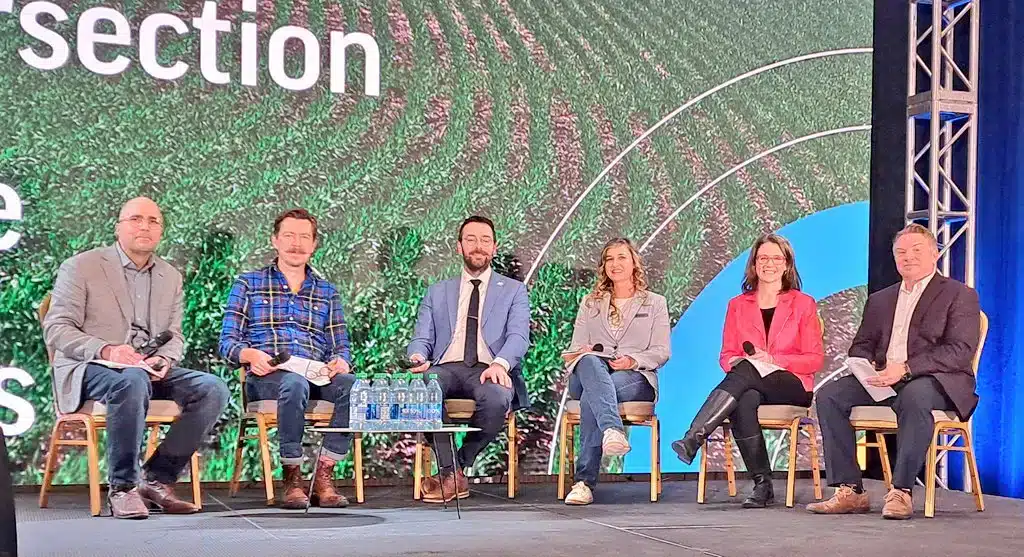As genetics program director, Emily Flynn of the Indiana Crop Improvement Association spotlights how consumers impact what she does in the lab.
Seed World: What are you reading?
Emily Flynn: Anything to do with non-GMO production and testing. The requirements for testing are changing rapidly and are consumer driven; a lot of our customers are receiving traceability pushback or held to standards by the food industry that directly affect testing requirements.
SW: How does your background in farming affect your work?
EF: I understand what challenges the farmer faces each season to produce a quality crop. Although I do not serve farmers directly, I can appreciate the hard work that went into producing the seeds we test each day.
SW: What’s the biggest success you’ve had with the Indiana Crop Improvement Association?
EF: Achieving ISO 17025 accreditation and Non-GMO Project approval for non-GMO testing on a tight timeline. These two things have really helped ICIA expand business in the area of testing for companies who produce non-GMO crops or companies who sell into the ingredient market.
SW: What concerns you most about what’s happening in the industry?
EF: Much of the information that drives consumer choices is not science based. I worry that when consumers make fear-based or uninformed decisions, it will drive the market in ways that fail to fully recognize gains from agricultural advances, science and technology.
SW: Why did you decide to specialize in genetics?
EF: I always knew I wanted to work in science, but started a bachelor’s program with the intentions of teaching. I became involved in research as an undergrad and then entered into a doctoral program. With each step, my focus became more and more related to agriculture. I was extremely pleased to find that I could continue in an advanced science and maintain an agriculture connection.
SF: What’s your favorite vegetable?
EF: Corn!











